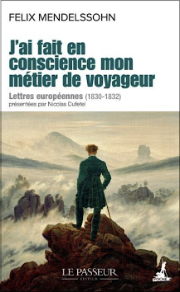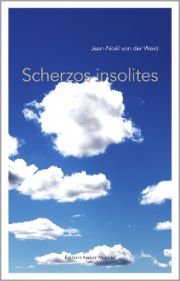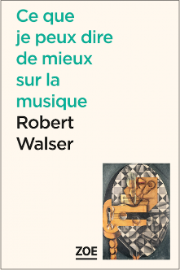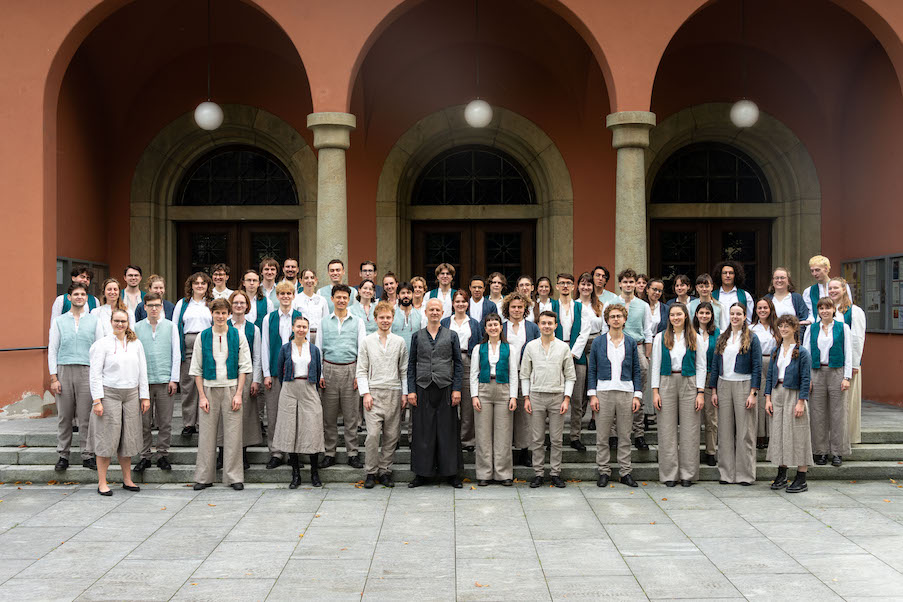Music and literature
Three books combining music and literature: Mendelssohn's letters, von der Weid's anthology and Walser's writings.
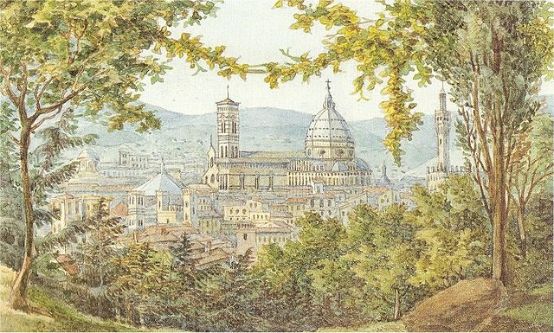
Born into a wealthy, cultured family, Felix Mendelssohn was a hard worker who was fortunate enough to be able to give full rein to his multiple gifts, whether for study, physical activity or the arts: young prodigy turned accomplished musician, composer of genius of course, but also talented watercolorist and indefatigable letter-writer. Between the ages of 21 and 23, he sent numerous letters to his parents, his sisters and his brother, forming a sort of record of the discoveries, adventures and encounters that enriched his Grand Tour, the educational journey that the wealthy classes of northern countries (mainly Germany and England) offered their male descendants to complete their education and develop their tastes. After a prolonged visit to his old friend Goethe in Weimar, whose tutelary shadow often guided his thoughts, the young traveler's classic itinerary took him first from Austria to Italy, where he enjoyed the beauty of the landscape while lamenting the lamentable state of musical art. Following this long stay in Italy, he criss-crossed Switzerland, largely on foot, surprised by the vagaries of the weather and fascinated by the glaciers, before making his way to Paris via southern Germany and the Rhine valley, and finally to London. His travelogue, some of whose pages are worthy of those of the masters of the genre, with its pleasant, lively, spontaneous and even playful narration, describes with concision, sensitivity and wit, the adventures and events he witnesses, the impressions he feels in contact with nature, as well as the society in which he evolves and the characters with whom he becomes acquainted. The pocket-sized collection published by Le Passeur reproduces an elegant and sometimes imprecise French translation, made in 1864, of a selection of 61 letters shortened by the composer's brother. While we await a complete and critical edition, this is above all an invitation to enjoy a delightful stroll in excellent company.
Gleaned from musicologist Jean-Noël von der Weid's abundant and varied readings, delightful anecdotes, aesthetic or philosophical reflections, literary pieces, often singular or even strange, taken from novels, short stories, diaries and essays, not to mention a few poems, make up an improbable dictionary. There are also fine tributes by the author to Chopin, Feldman, Scelsi and Stockhausen, and fragments of correspondence, such as a letter from Descartes to Mersenne, discussing auditory physiology, or a painful missive from Schubert to Kupelwieser. In addition to music, other arts and philosophy are also revered. Visit Poliphilo's Dream rubs shoulders with Memories of Saint-Simon, the epigrams of Martial le Newspaper the Goncourt or The Man Without Qualities We encounter Bergson, Montaigne and Nietzsche as well as Baudelaire, Dostoyevsky, Jarry, Proust and Thoreau. The simple joy of discovery and delightful surprise awaits the reader.
Editions Zoé has done much to bring Robert Walser to the attention of the French-speaking public. Edited by Roman Brotbeck and Reto Sorg, and recently translated by Marion Graf, this anthology of sixty of the 300 or so texts by the prolific writer from Biel devoted to music offers a broad panorama spanning the period from 1899 to 1933, i.e. from the earliest poems to the author's last productive year, before the more than two decades of inactivity following his transfer to the psychiatric clinic in Herisau. A fervent music lover, but uninterested in the bourgeois ritual of concerts and opera evenings at the time, he was more sensitive to unworked voices and accordionists, who he felt represented an authentic world. Nothing seems to enchant Walser, a true descendant of Romanticism, more than the unexpected, almost miraculous appearance of music, heard at the chance of a walk - a moment of poetry that is both simple and potentially sublime. Despite the musicality of Walser's prose (Max Brod described it as "spontaneous music" and Hermann Hesse as "elegant chamber music"), he had no contact with the composers of his time, and never commented on their works.
Felix Mendelssohn: J'ai fait en conscience mon métier de voyageur, Lettres européennes (1830-1832), presented by Nicolas Dufetel, 496 pages, € 8.50, Le Passeur, Paris 2022, ISBN 978-2-36890-886-0
Jean-Noël von der Weid: Scherzos insolites, 344 pages, € 27.00, Editions Aedam Musicae, Château-Gontier 2021, ISBN 978-2-919046-96-6
Robert Walser: Ce que je peux dire de mieux sur la musique, 224 pages, Editions Zoé, Chêne-Bourg 2019, ISBN 978-2-88927-664-6






